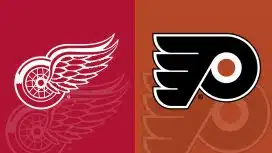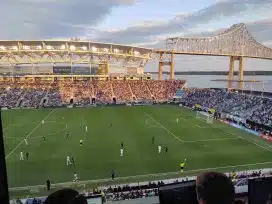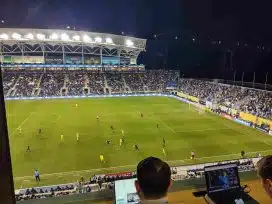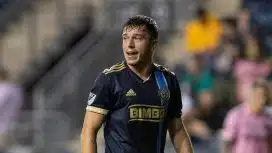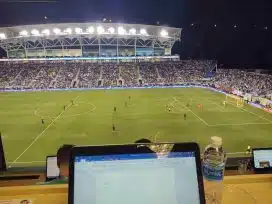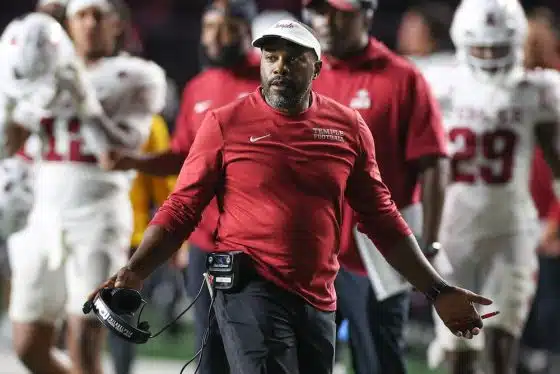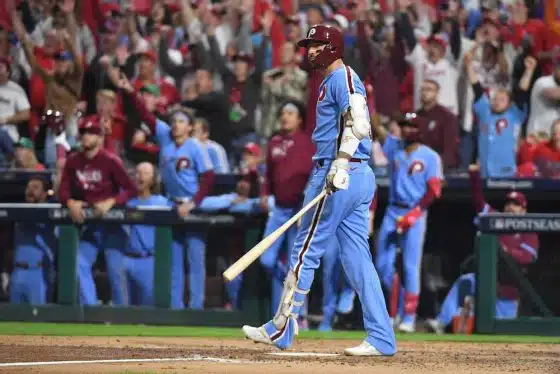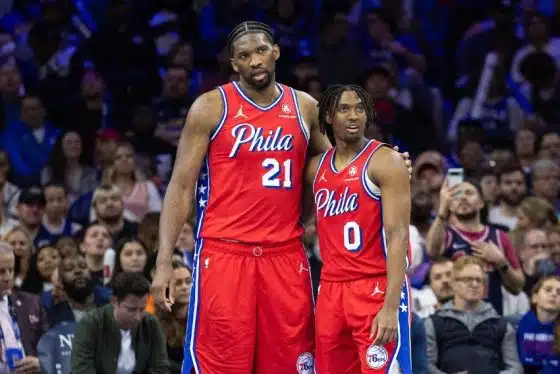Uncategorized
Sixers Andrew Bynum Out Three Weeks is No Issue
The other day, Philadelphia 76ers management announced they had placed their well-regarded off-season acquisition, Andrew Bynum, on the shelf for the next three weeks. Those three weeks just happen to coincide with the commencement of the Sixers training camp.
Center Andrew Bynum was acquired from the Los Angeles Lakers in a massive four-team trade which saw Sixers All-Star small forward Andre Iguaodala heading west. Bynum has had a history of injuries which has him completing a full 82-game season only once in his seven professional seasons with the Lakers.
Nonetheless, Bynum’s knee injuries are not psychosomatic. He has endured arthroscopic surgery on both knees at different times in his career. This time however, he headed out of the country in early September to Germany to undergo the same non-invasive experimental procedure both Kobe Bryant and Grant Hill have had completed. The Orthokine therapy is hoped to prevent the inevitable wearing down of knee cartilage in the 24 year-old’s arthritic joints.
In announcing on Monday that the Sixers were shutting down Bynum for the next three weeks, it was indicated that the move was simply a “precautionary measure” in an effort to maximize the effects of the therapeutic effects of the recent Orthokine procedure. Later the same day, Sixers CEO Adam Aron spoke on a Philadelphia-area sports-talk radio station. He indicated that Bynum had some minor bone bruising and the team’s decision was simply preventative.
Almost immediately, media analysts began to conjure their often-heard speculations about Bynum’s ability to play a full season. I suppose I understand the concern. Bynum is considered by many to be one of the best offensive centers in the NBA averaging 18.7 points per game last season.
I say, relax. This doesn’t appear to be anything more than a preemptive strategy, not dissimilar to the Washington Nationals cautiously shutting-down pitcher Stephen Strasburg in mid-September following a missed year due to Tommy John surgery. If anything, the Sixers, unlike the Nationals, are doing it in the right order – they’re shutting down Bynum BEFORE the season, not at the end.
Following seven years as a pro, I’m not concerned about Bynum missing three weeks of training camp. Resting the knees can only help ensure that we’ll have Bynum available for as much of the meaningful season as possible. Besides, what’s training camp? “Practice! We’re talkin’ about
practice!”
Mike McShane is the founder of Frat House Sports.



